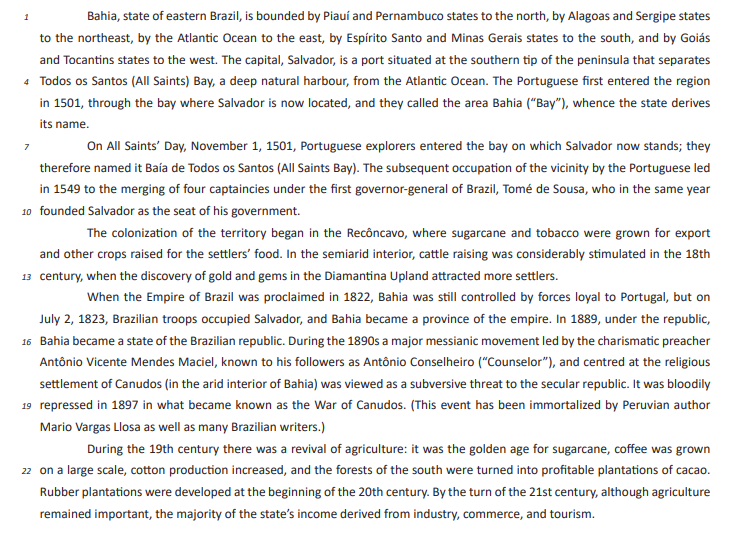What life in medieval Europe was really like
A time of innovation, philosophy, and legendary
works of art: the realities of the medieval period (500 to
1500 C.E.) in Europe may surprise you. Many know the years
before the Renaissance and _________________ that
followed as Europe’s “Dark Ages,” a time of backward,
slovenly, and brutal people who were technologically
primitive and hopelessly superstitious.
Sure, it would take until the 19th century for the
germ theory of disease to overtake the concept of humors
and “miasmas” that could damage human health. But the
___________ image of medieval people as slovenly,
unwashed, and lacking hygiene is false. In fact, both indoor
and outdoor bathing were beloved in Europe. People not
only made and used soap at home, but they frequented
bathhouses—some public, some private, some merely fronts
for brothels.
A myth persists that during the Middle Ages, the
unenlightened believed Earth was flat and worried that ships
might even fall off the planet’s edge. That’s patently false:
People knew the planet was a sphere as far back as ancient
Greece (12th to 9th centuries B.C.), and had relatively
complex astronomical and planetary ______________ by the
time Christopher Columbus made his voyage to the
Americas in 1492.
The so-called “Dark Ages” is a myth historians have
spent years trying to disprove. The myth seems to stem from
some authors’ use of “dark” to refer to everything from a
14th-century poet’s complaints about the quality of local
literature to a 17th-century historian’s failed attempt to find
historical sources from centuries earlier.
(Fonte: National Geographic — adaptado.)


